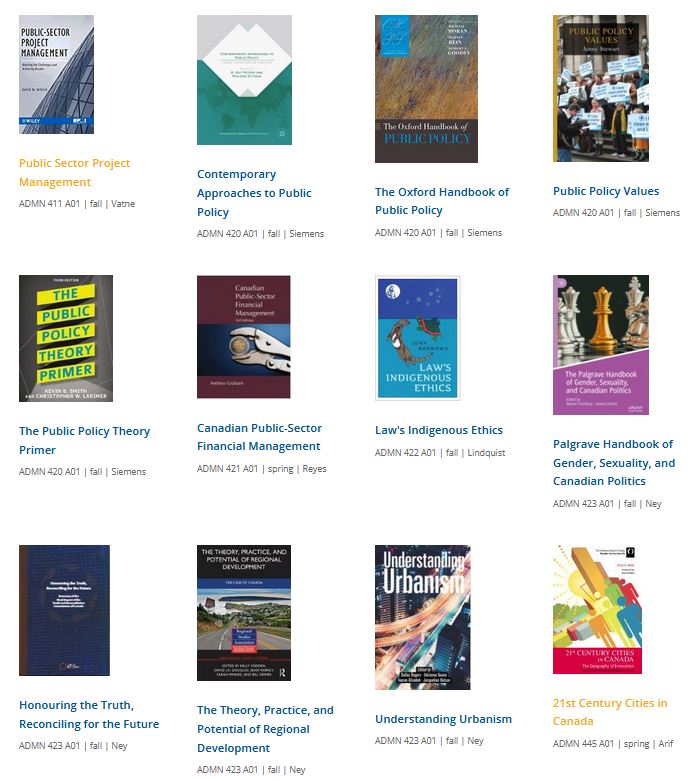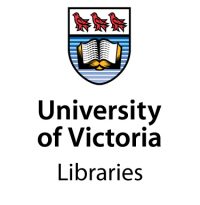eTextbooks for Students (2021-2022)
Today we’d like to share a story about UVic Libraries pilot project to track the use of library licensed electronic books assigned in courses for fall 2021 and spring 2022 terms. This project was modeled after a similar program developed at Florida State University, Arizona State University, Penn State University, and other libraries. The eTextbooks project supports access and affordability efforts that are important to student success. The new “eTextbooks for Students” website lists the ebooks by title, Course number, term, and Instructors’ last name.
This project complements the Libraries’ advocacy efforts around open education resources (OER) and aligns with its Strategic Directions. Our OER initiative includes an annual offering of OER grants, cross-campus collaborations with Learning Teaching Support & Innovation, the Bookstore, and the Undergraduate Student Union (UVSS). The project gave us the opportunity to scan the university landscape to determine the extent to which the Libraries’ licensed resources were being used at all levels of course work. The Libraries’ expanded ebook collection allows instructors to assign quality course materials, while providing affordable solutions for students.

Sample set of required ebooks for courses (by terms, course, and instructor) available through UVic Libraries.
In conducting the project we identified 327 total titles used in 270 courses during the fall and spring terms. We searched the University Bookstore’s textbook catalog and titles adopted through the Libraries Course Reserves service to identify titles adopted by instructors. In adopting the Libraries licensed resources for their courses, we believe instructors saved UVic students a total of $625,521.91 and in doing so created high impact for students’ access and affordability to a quality education.
Challenges
We were not able to gather together all library licensed ebook titles adopted by instructors who may have posted a link through Brightspace, the university’s course management system, in course outlines, or elsewhere. Unfortunately, there is no one place where all this data is gathered. In addition, we were not able to pull together the title list early enough that students could be informed about their availability. The Bookstore informed students, via the textbook catalogue, when ebook alternative were available via the Libraries ebook collection, but they weren’t able to easily provide direct URLs to each title.
Next Steps
For the next phase of the project, we hope to disseminate information about the project and the resulting cost savings for students. We hope to create momentum, through our marketing efforts, to continue to expand the adoption of the Libraries ebook collection in courses. We also plan to strategize ways in which we can collate a title list to expand the program and get the information to students as early as possible.
Acknowledgement
We would like to thank our Young Canada Works Intern, Mary Macleod, for her work on this project.
